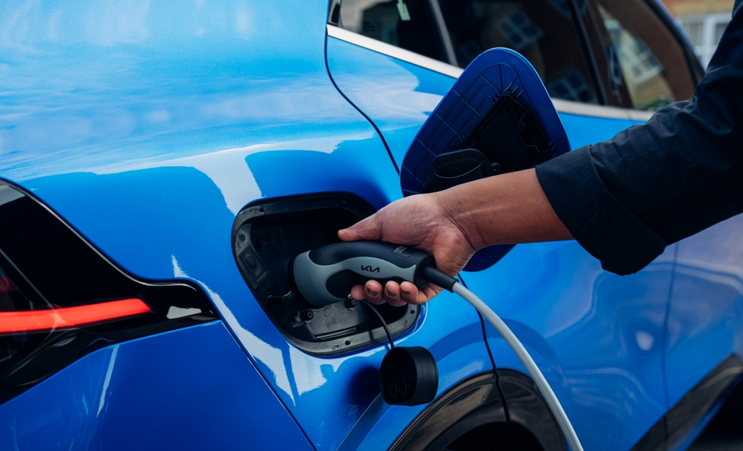
Robin Roberts (WheelsWithinWales) reports…
The government is today ending the plug-in car grant allowance for new orders after successfully kickstarting the UK’s electric car revolution and supporting the sale of nearly half a million electric cars.
The scheme has succeeded in creating a mature market for ultra-low emission vehicles, helping to increase the sales of fully electric cars from less than 1,000 in 2011 to almost 100,000 in the first 5 months of 2022 alone.
Battery and hybrid electric vehicles (EVs) now make up more than half of all new cars sold and fully electric car sales have risen by 70% in the last year, now representing 1 in 6 new cars joining UK roads.
The government has always been clear the plug-in car grant was temporary and previously confirmed funding until 2022-23. Successive reductions in the size of the grant, and the number of models it covers, have had little effect on rapidly accelerating sales or on the continuously growing range of models being manufactured.
Due to this, we are told that the government is now refocusing funding towards the main barriers to the EV transition, including public charging and supporting the purchase of other road vehicles where the switch to electric requires further development.
To continue the government’s drive towards net zero and ensure effective use of taxpayer funds, £300 million in grant funding will now be refocused towards extending plug-in grants to boost sales of plug-in taxis, motorbikes, vans, trucks and wheelchair accessible vehicles as announced in the autumn statement last year.
The shift in £300M funding will on expanding the public chargepoint network, helping to eradicate “range anxiety” and ensure the transition to zero-emission transport is easy and convenient for all drivers across the UK.
This will be in addition to the £1.6 Billion it promised to increase the public charging network.